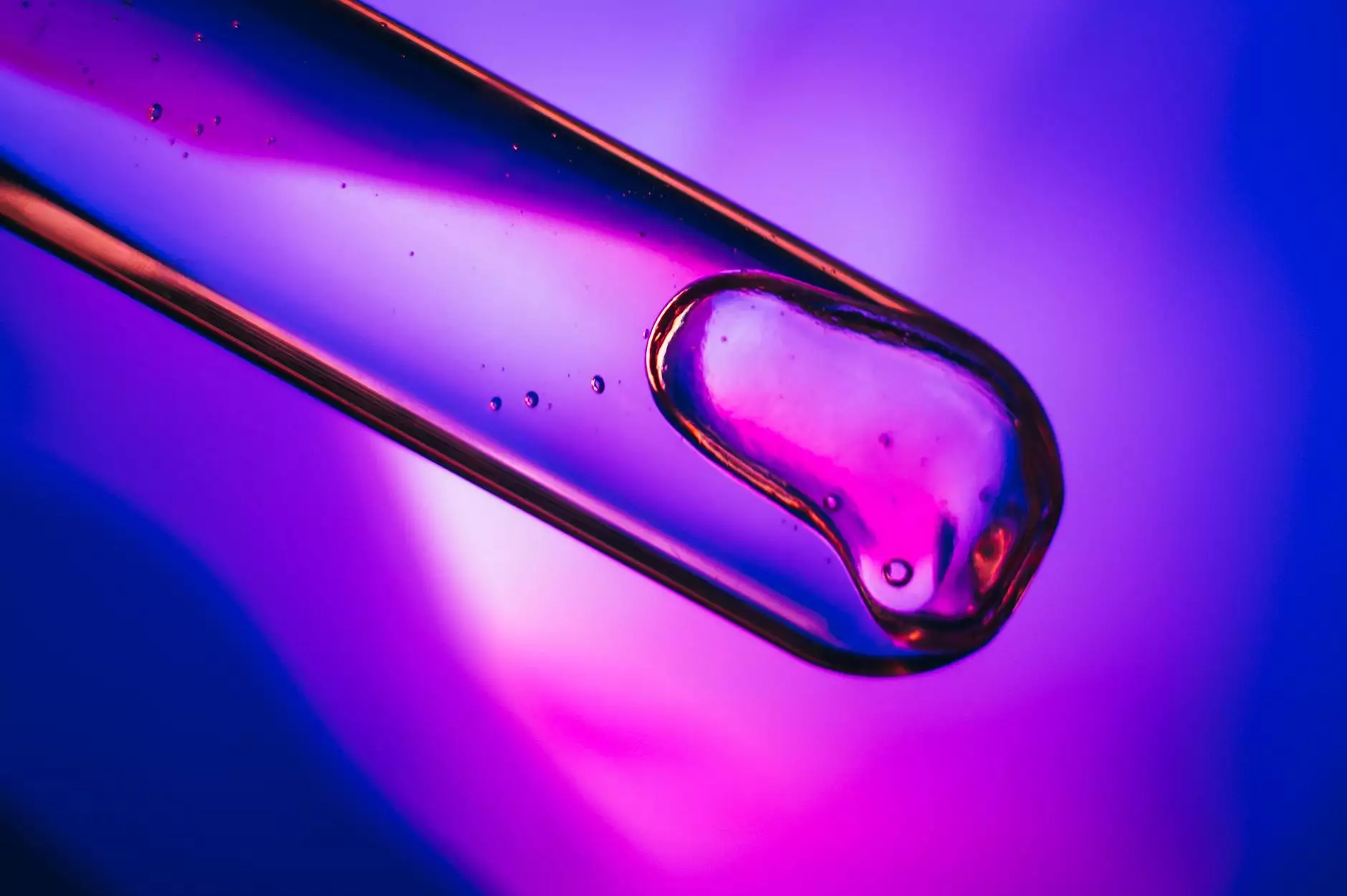Comprehensive Guide to Stomach Cancer Treatments

Stomach cancer, also known as gastric cancer, is a serious condition that affects many individuals globally. Early detection and treatment are crucial for improving survival rates and enhancing the quality of life for patients. In this article, we will delve into the various stomach cancer treatments, their effectiveness, side effects, and what patients should expect throughout their treatment journey.
Understanding Stomach Cancer
Stomach cancer occurs when malignant cells form in the lining of the stomach. While it is less common than other types of cancer, it can be aggressive and requires prompt medical intervention. Factors contributing to the development of stomach cancer include:
- Age: Most diagnoses occur in individuals over the age of 60.
- Diet: High consumption of processed meats and low fruits and vegetables may increase risk.
- Family History: A family history of stomach cancer can increase one's risk.
- Helicobacter Pylori Infection: Chronic infection can lead to cancer development.
Common Symptoms of Stomach Cancer
Recognizing the symptoms of stomach cancer is vital for early diagnosis. Common symptoms include:
- Persistent Indigestion: Frequent discomfort and bloating.
- Nausea and Vomiting: Especially if the vomiting contains blood.
- Loss of Appetite: A sudden decrease in desire to eat.
- Weight Loss: Unexplained weight loss can be alarming.
- Abdominal Pain: Discomfort or pain in the stomach region.
Diagnosis of Stomach Cancer
Diagnosing stomach cancer typically involves several steps:
- Physical Examination: The doctor checks for any abdominal lumps or tenderness.
- Endoscopy: A procedure where a flexible tube with a camera allows doctors to view the stomach.
- Biopsy: Taking a tissue sample for laboratory analysis to confirm cancer.
- Imaging Tests: CT scans and X-rays help determine the extent of cancer spread.
Stomach Cancer Treatments: An Overview
There are several treatment options available for stomach cancer, chosen based on the cancer stage and the patient’s overall health. The primary stomach cancer treatments include:
Surgery
Surgery aims to remove the cancerous tumor and, when necessary, surrounding tissue. There are different surgical procedures:
- Partial Gastrectomy: Removal of the tumor and part of the stomach.
- Total Gastrectomy: Complete removal of the stomach, often requiring dietary modifications post-surgery.
- Lymph Node Dissection: Removal of nearby lymph nodes to check for cancer spread.
Chemotherapy
Chemotherapy uses drugs to destroy cancer cells. It can be administered:
- Before Surgery: To shrink tumors and increase surgical success.
- After Surgery: To eliminate remaining cancer cells.
- For Palliative Care: To relieve symptoms in advanced stages of cancer.
Common chemotherapy drugs for stomach cancer include:
- Cisplatin
- Capecitabine
- Docetaxel
Radiation Therapy
Radiation therapy uses high-energy rays to target and kill cancer cells. This treatment can be particularly effective in:
- Palliative Care: Providing relief from symptoms in advanced stages.
- Post-Surgery: Reducing the risk of recurrence in specific scenarios.
Targeted Therapy
Targeted therapy works by targeting specific characteristics of cancer cells. For stomach cancer, drugs like Trastuzumab (Herceptin) are used for tumors expressing HER2 protein.
Immunotherapy
Immunotherapy helps your immune system to recognize and fight cancer cells more effectively. Options include:
- Nivolumab
- Pembrolizumab
Choosing the Right Treatment
Choosing the appropriate treatment for stomach cancer can be overwhelming. It is essential for patients to:
- Consult with a Multidisciplinary Team: Including oncologists, gastroenterologists, nutritionists, and surgeons.
- Explore Clinical Trials: Investigating new treatment options may provide access to cutting-edge therapies.
- Discuss Lifestyle Changes: Nutrition and exercise play a crucial role in recovery.
Managing Side Effects of Stomach Cancer Treatments
Each treatment brings potential side effects that patients should be prepared for:
- Nausea and Vomiting: Common with chemotherapy; medications can help manage these effects.
- Fatigue: A common consequence of chemotherapy and radiation.
- Changes in Appetite: Patients may experience changes in taste or appetite which should be managed with dietary adjustments.
Post-Treatment Considerations
After treatment, patients should focus on recovery and follow-up care, which includes:
- Regular Check-ups: To monitor for recurrence.
- Healthy Lifestyle Choices: A balanced diet and regular exercise can enhance overall well-being.
- Support Groups: Joining support networks can provide emotional and psychological assistance.
Conclusion
Stomach cancer treatments have evolved dramatically, offering various options for those diagnosed with this challenging condition. With advancements in medical science, including targeted therapies and immunotherapies, patients have a better chance than ever before to combat stomach cancer effectively. Understanding the treatment landscape and collaborating with healthcare professionals are vital steps in the journey toward recovery.
For more comprehensive information and personalized advice, individuals are encouraged to consult with medical professionals and consider regularly updated resources, such as oncologicalsurgery.net, dedicated to providing guidance on stomach cancer treatments and other related health care topics. Together, we can fight against stomach cancer and improve the lives of those affected.









